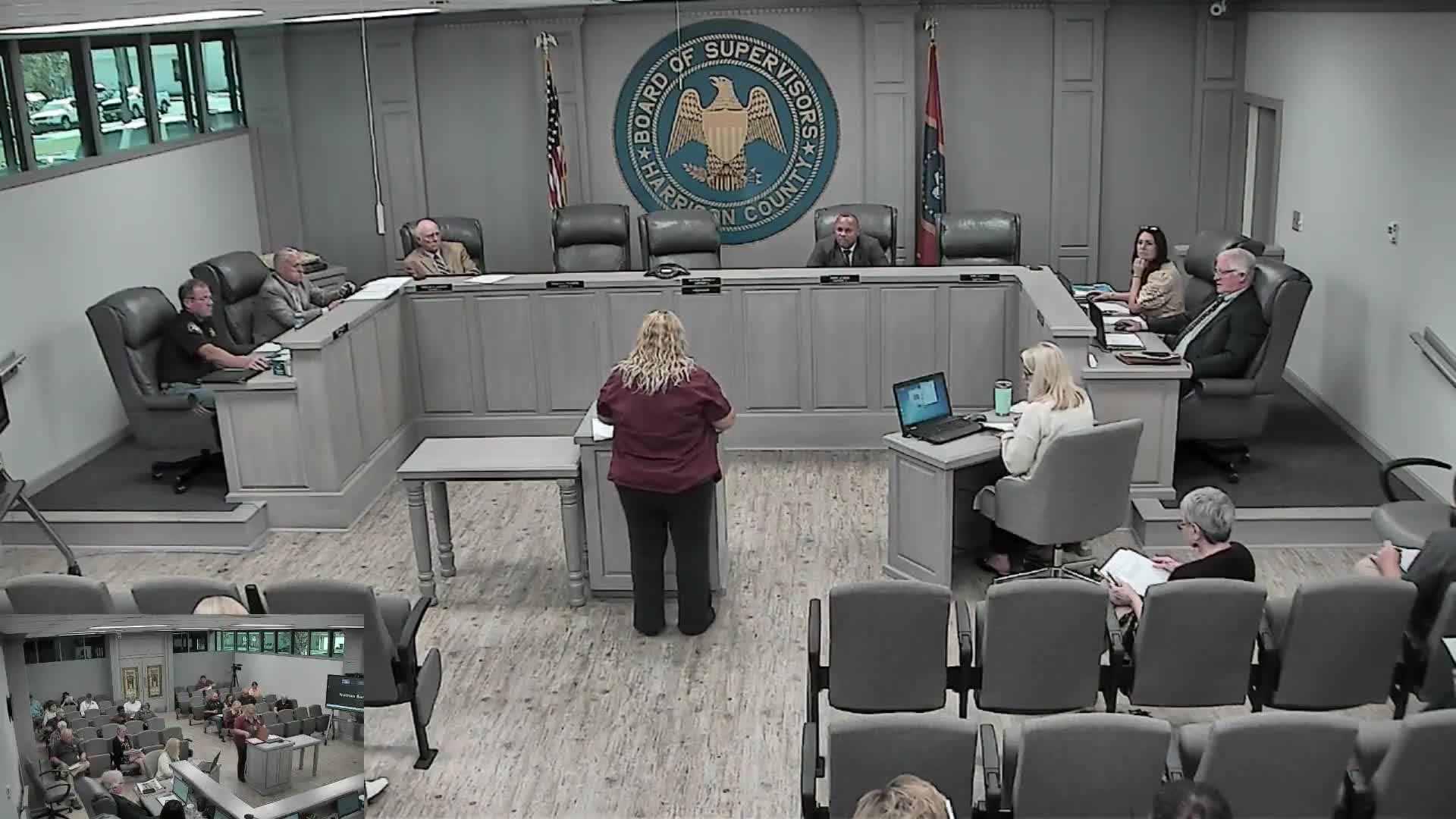Article not found
This article is no longer available. But don't worry—we've gathered other articles that discuss the same topic.
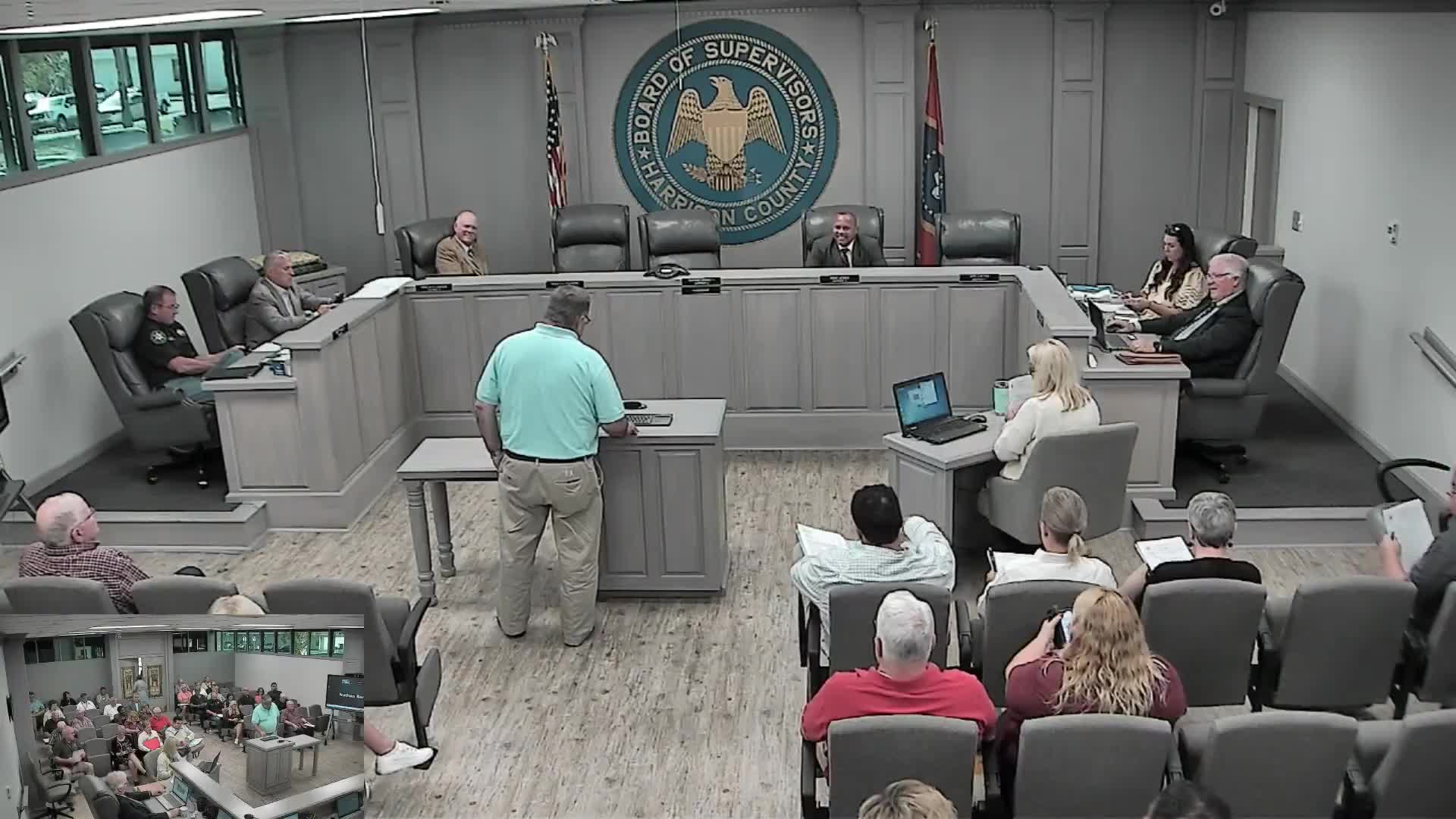
Supervisors agree to seek bids for Coastal Mississippi HVAC replacement after staff presents cost options
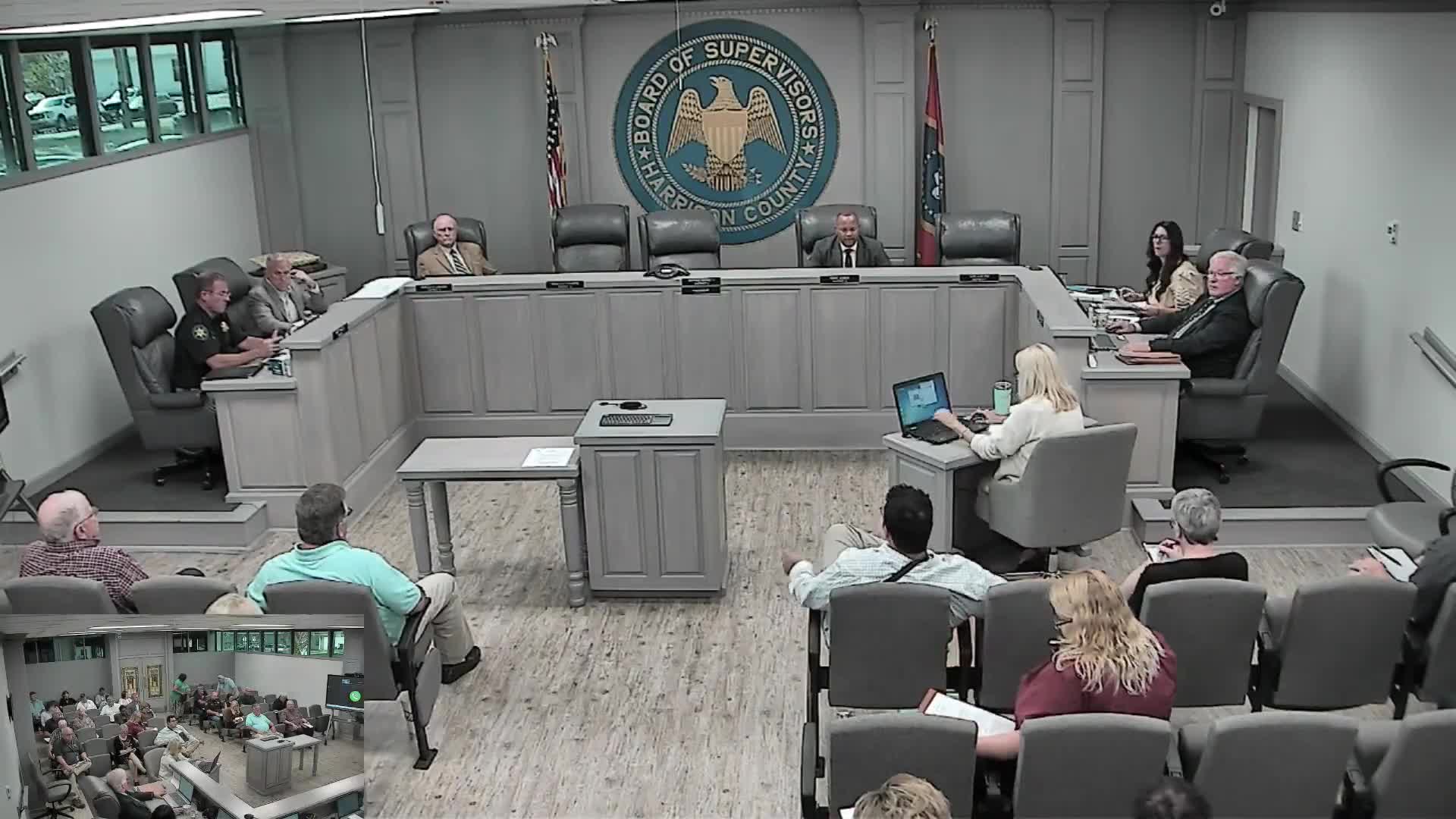
Harrison County officials: federal wetlands designation limits county help for eroding Gulfport property
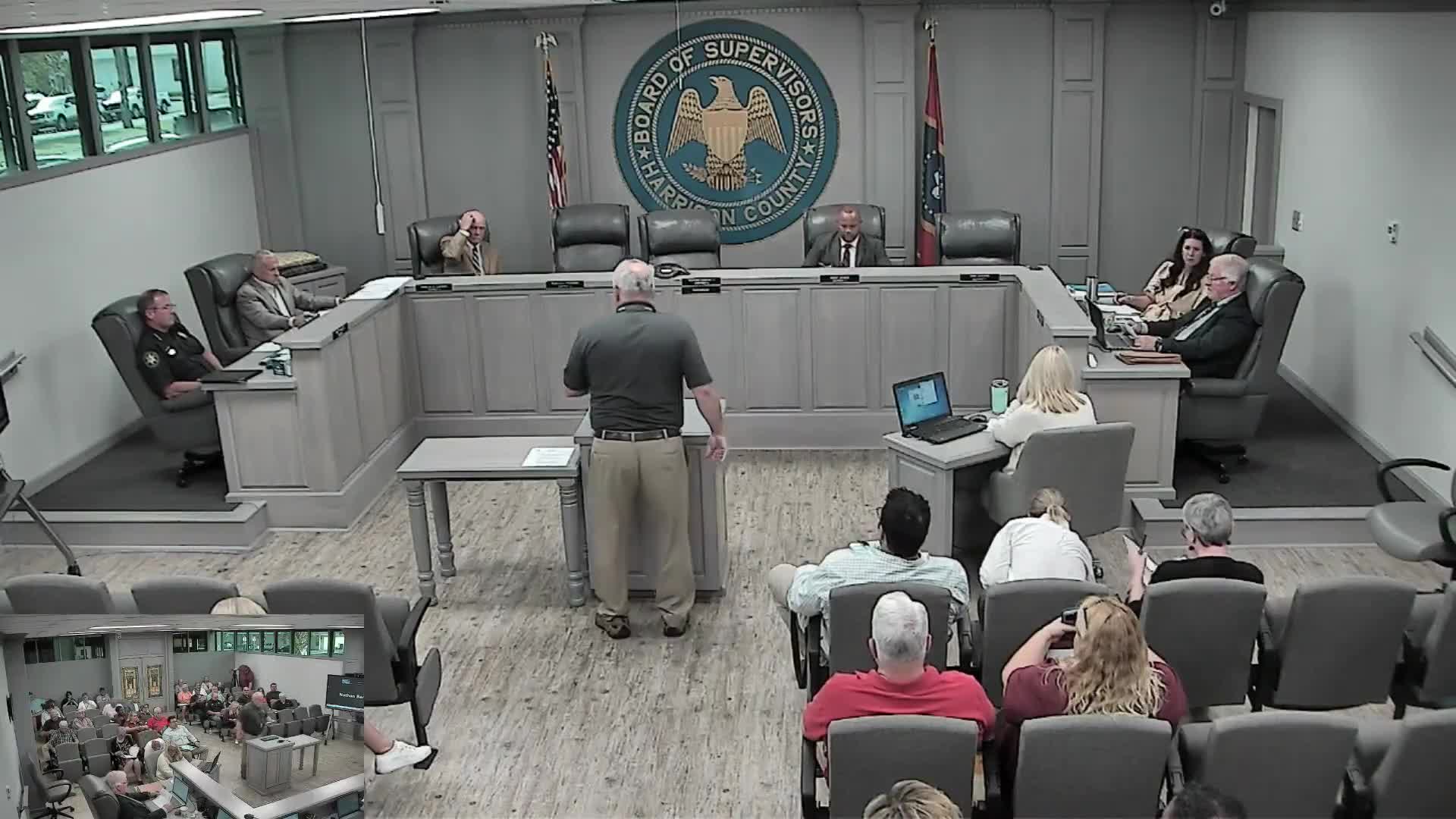
Board of Supervisors reverses planning commission, cancels conditional-use extension for 69‑lot subdivision
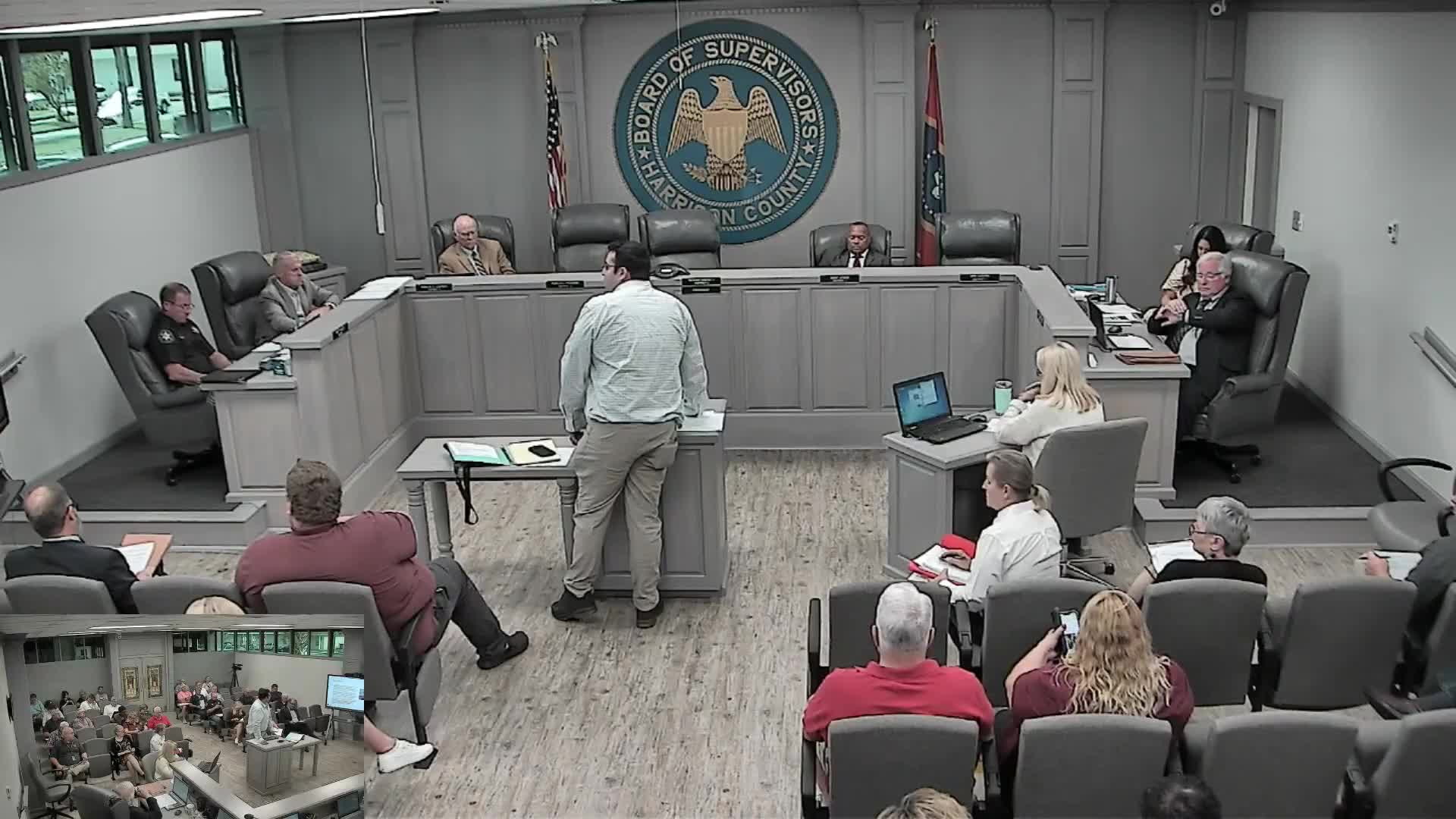
Supervisors declare Shaw Road property blighted and order cleanup within 30 days after neighbors complain of fires, trash and unsafe living conditions
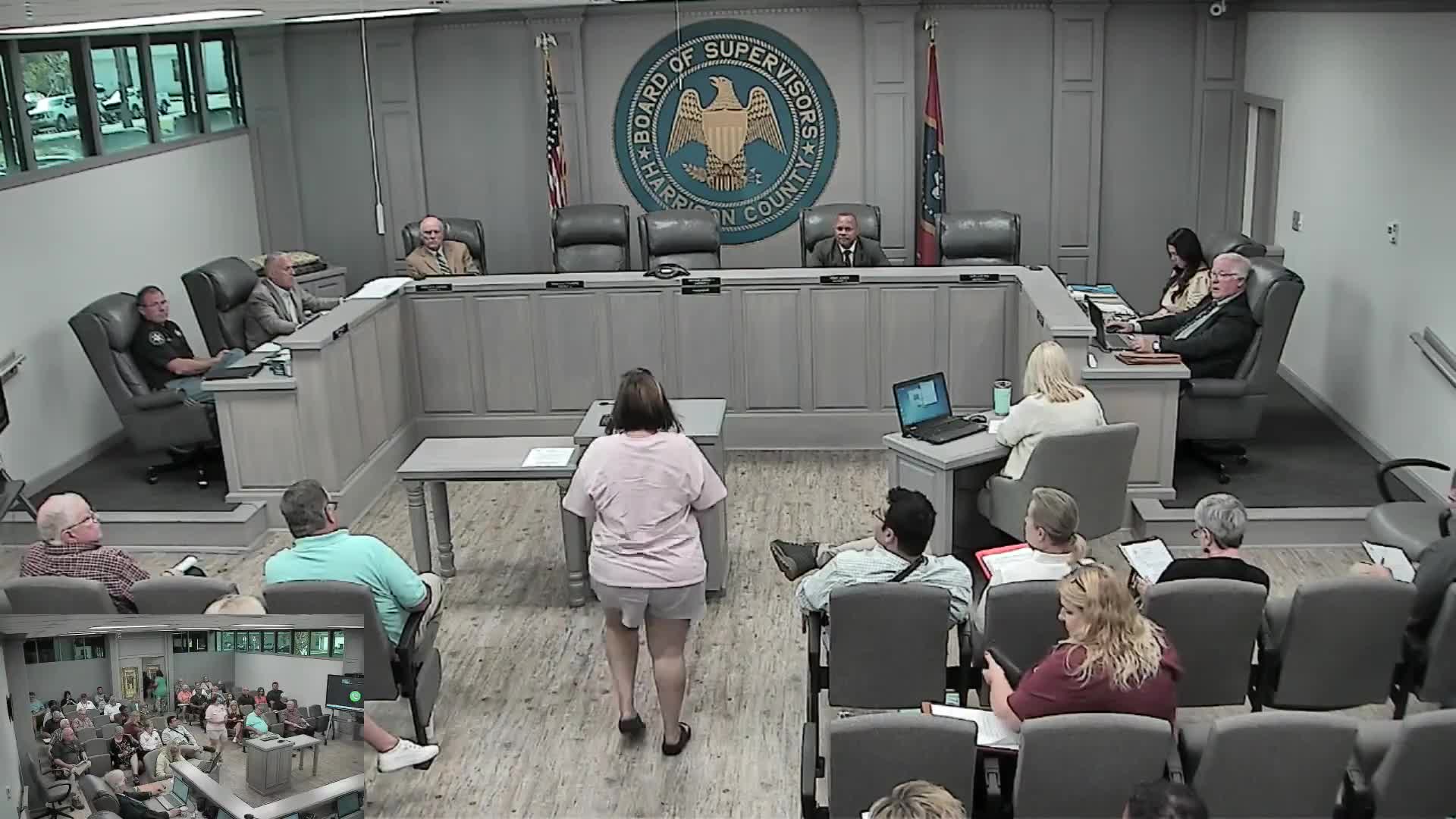
Local food truck seeks morning spot at Woolmarket community center; supervisors cite traffic concerns
